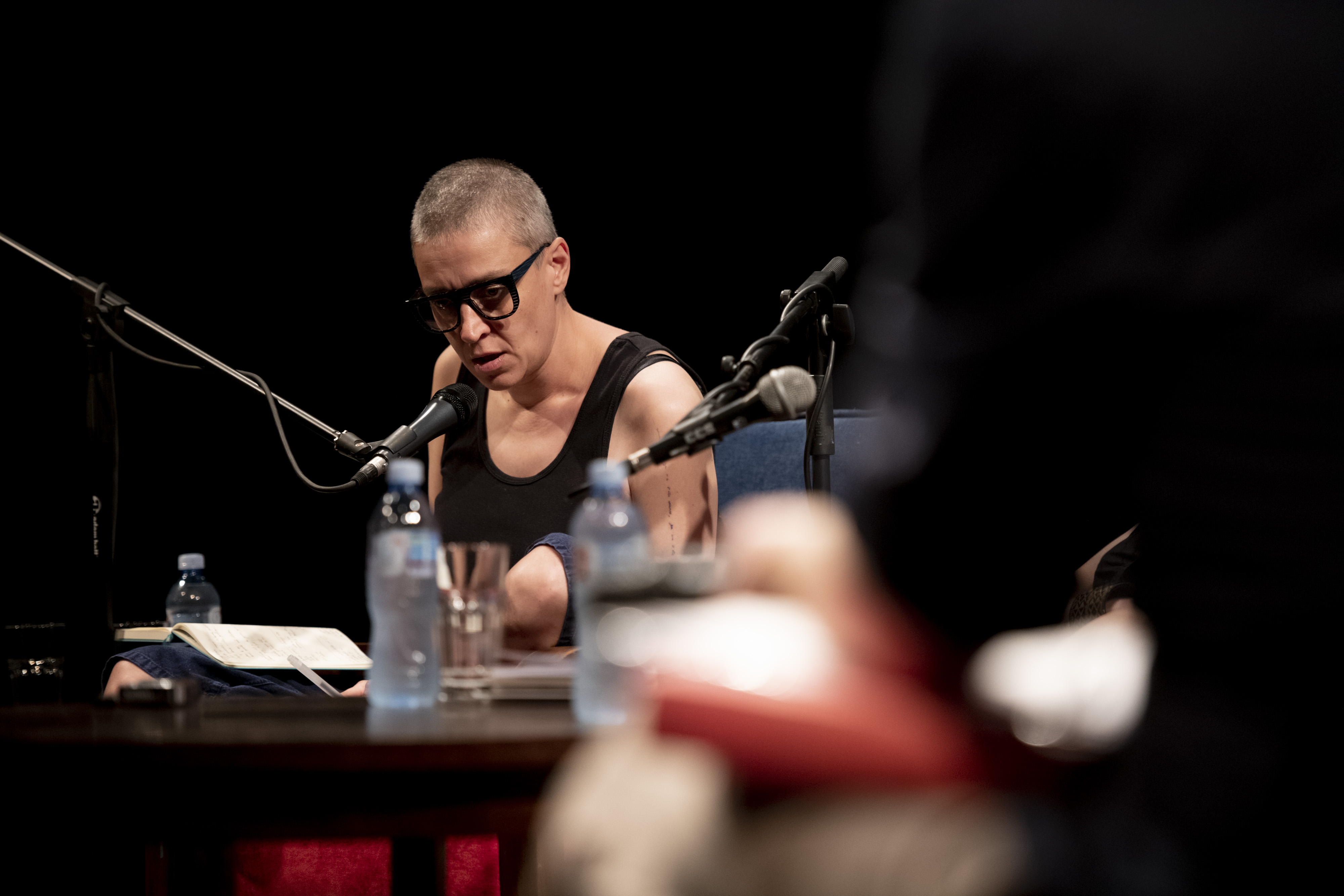
09 Jun Debate-NEIGHBORS Facing the Present
Neighbors facing the present
Panel discussion with photo exhibition and film projection
Saturday June 8th 12PM, Center for Cultural Decontaminiation, 21 Birčaninova st., Belgrade
Panelists: Lana Bastašić (BiH), Rumena Bužarovska (NMK), Ferenc Cinki (HU), Kozmin Perca (RU), Georgi Gospodinov (BG)
Moderation: Mima Simić (HR)
Photos: Igor Čoko
“Untravel” film by Nikola Majdak and Ana Nedeljković
The second day of Festival KROKODIL 2019 began with a debate program entitled Neighbors Facing the Present, which took place at the Centre for Cultural Decontamination at 12:00. Moderator Mima Simić presented panelists Rumena Bužarovska, Kozmin Perta, Ferenc Cinki, and Georgi Gospodinov to the audience.
The program began with a screening of Untravel, a stop motion film created by Ana Nedeljković and Nikola Majdak. The film touches on themes of travel and isolation and ends on a rather pessimistic note, which the panelists discussed to open the debate.
The first theme of the debate centered around such themes of isolation and travel, and whether or not realities can actually change across space. Rumena Bužarovska commented on this issue, and ultimately came to the conclusion that “leaving or staying [in your country] doesn’t really solve your problems…that the rest of the world is equally bleak.”
From this discussion of the physical, the conversation soon wound itself to the temporal— a discussion of the present, past, and future and the particular relevance of these in the region. Both Kozmin Perta and Georgi Gospodinov had particular takes on this question. The former commented that the past and future are mere fictions, and that the present is the only truth, while the latter comically remarked that “the future is cancelled.” Rumena Bužarovska transitioned nicely by remarking that the region has focused on the past so much that it has regressed.
The conversation then took a political tint, during which the panelists commented on their civil roles as artists and the larger successes—and failures—of their respective countries in the political and social spheres. While Mima Simić commented on the frustrations of political activism, Bužarovska brought an aspect of optimism to the conversation, emphasizing the fact that change—albeit slow change—has happened in the past century, and that progress has indeed been made.
A final note began with an observation of Ferenc Cinki, who commented on the increase of cooperation among regional writers—that neighbors have indeed been reaching across borders. The debate also featured the photographs of Igor Čoko, which depict Belgrade in its most raw form and expose the city’s both patriotic and nationalist sentiments.
The main aim of the project “NEIGHBORS – Facing the Present” is to engage authors but also other artists and intellectuals in intense debate about the present circumstances in different countries of the region (Hungary, Serbia, Macedonia) in order to influence the development of literary and arts connections, open borders, as well as to empower those that are interested in culture as such, to promote culture of dialogue, reconciliation and reconstruction of the broken links particularly in the region of the Western Balkans in relation with Central Europe and the surrounding EU-countries following the sharp rise of conservativism and the new wave of ethnic and national withdrawal and protectionism motivated by the economic crisis as well as migratory waves from the Middle East via Balkan route (Greece-Macedonia-Serbia-Hungary) towards the more politically and economically stable countries of Western Europe.
Project is supported by the Allianzkulturstiftung and realised under the project CSO activism for regional reconsiliation in the former Yugoslavia – In Support of RECOM, supported by the European Union.
The programming of Festival KROKODIL continued Sunday, June 9th. Continued scheduling can be accessed here.
Photos courtesy of Aleksandar Dmitrović.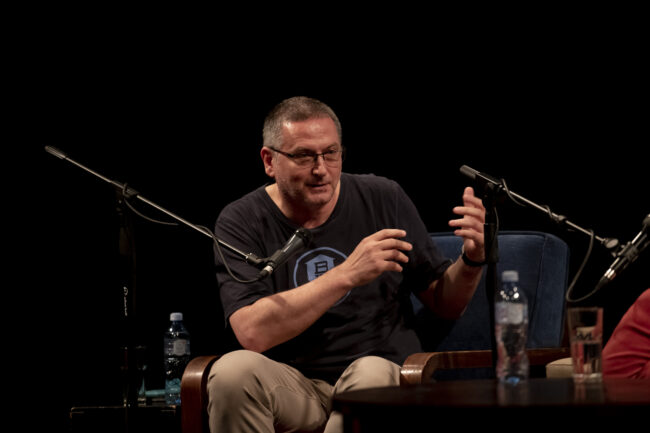
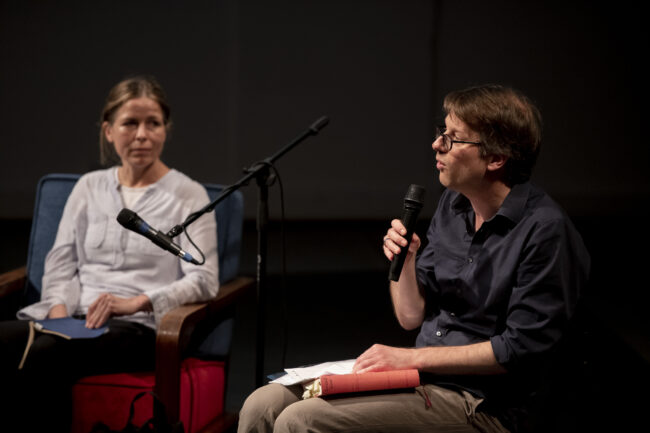
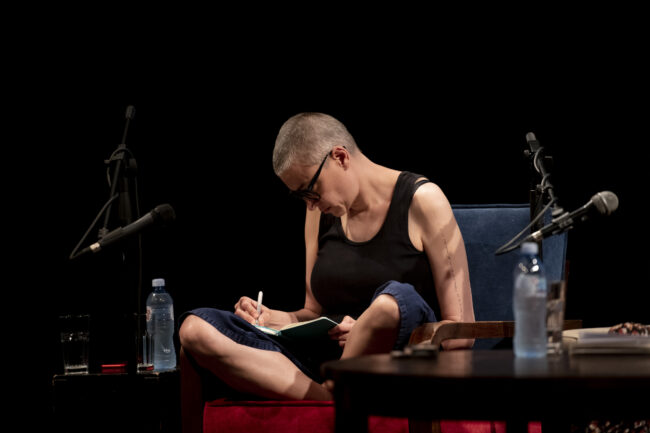
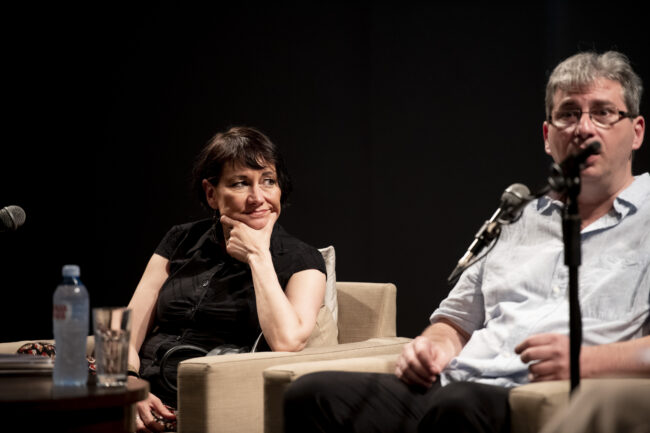
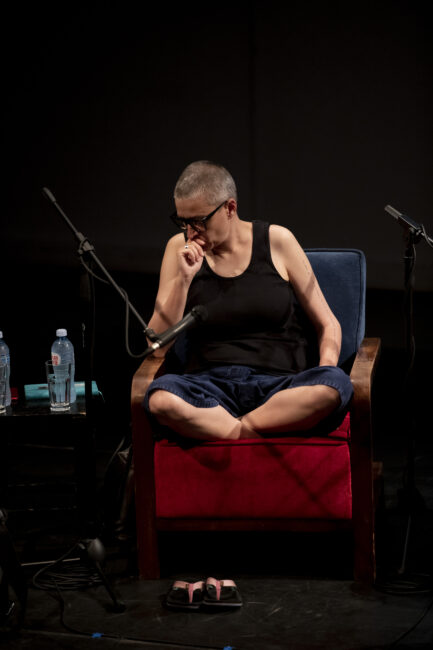
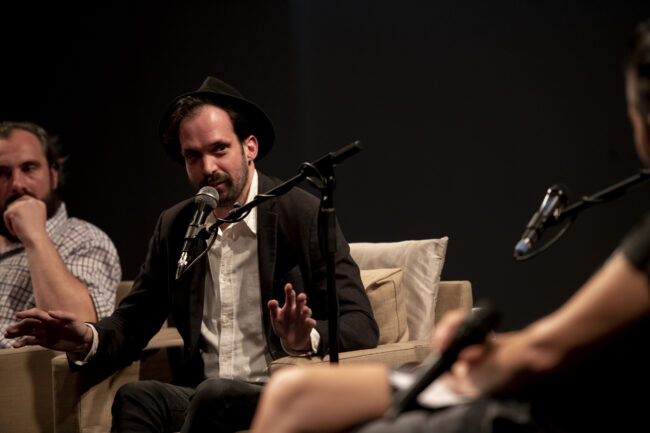
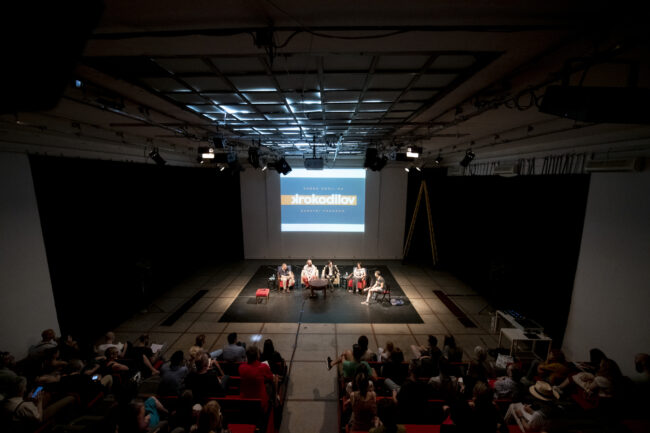
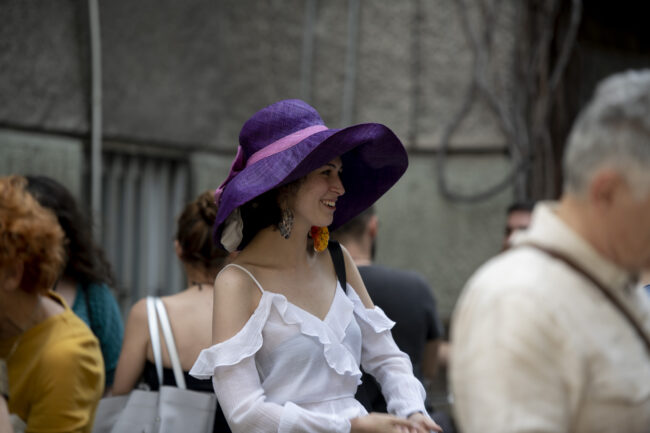
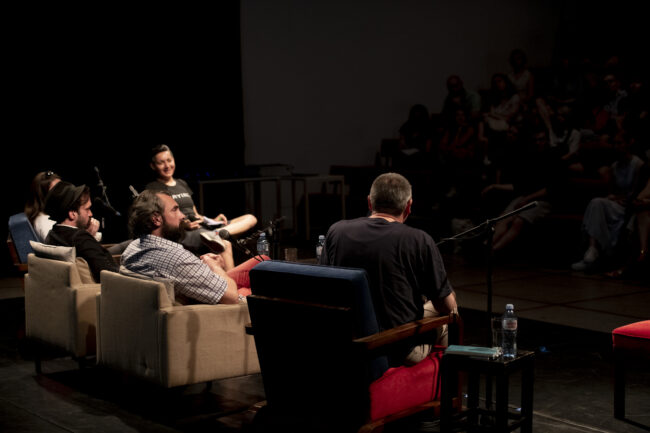
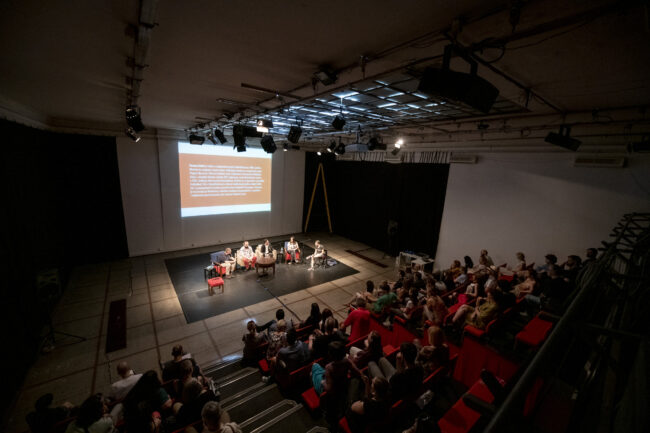
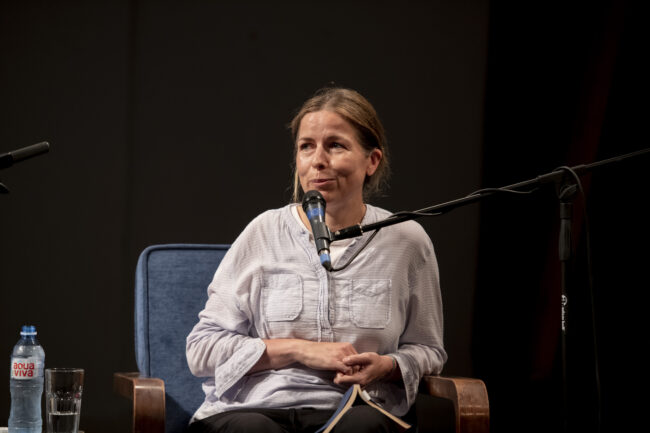
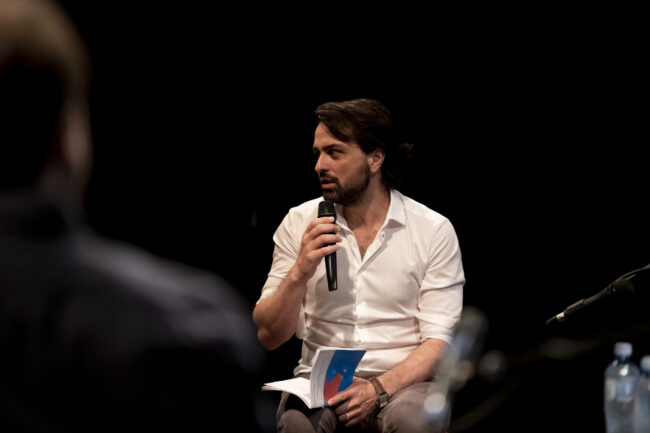
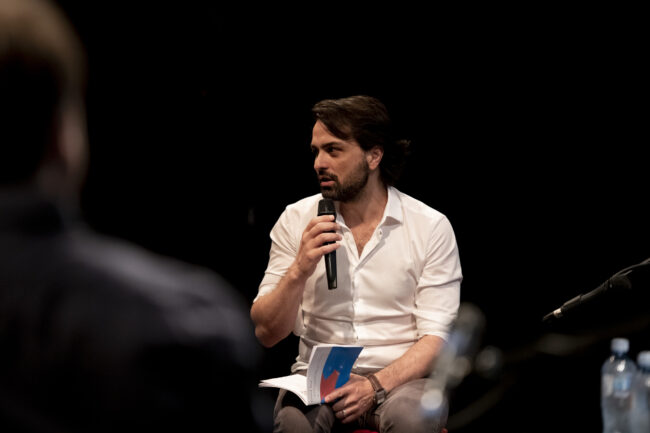
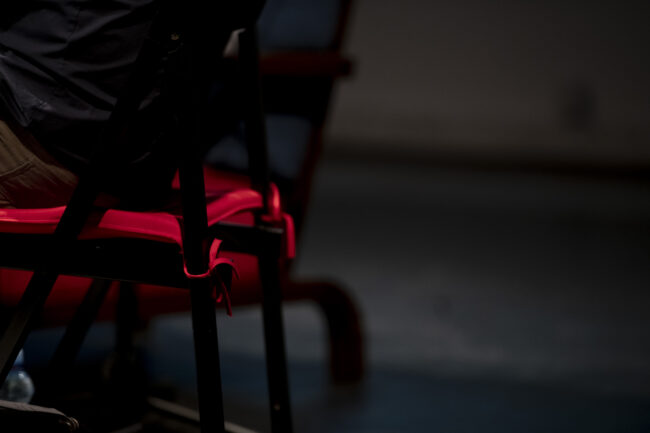
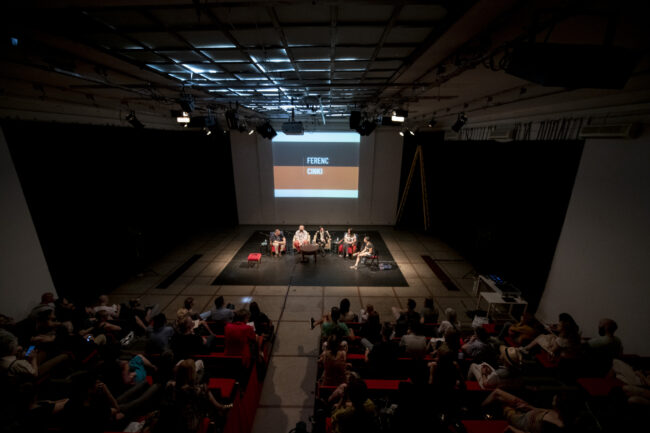
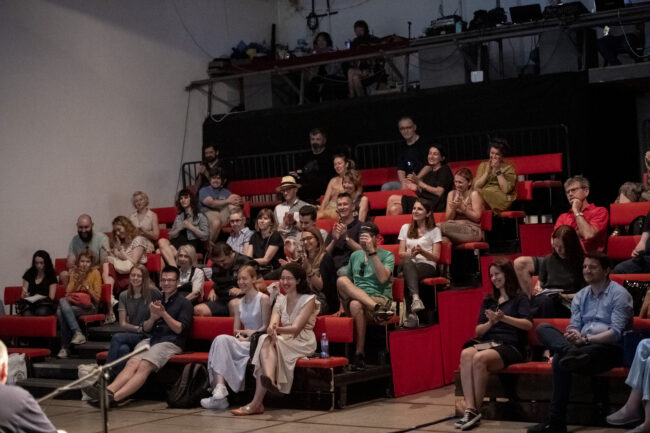
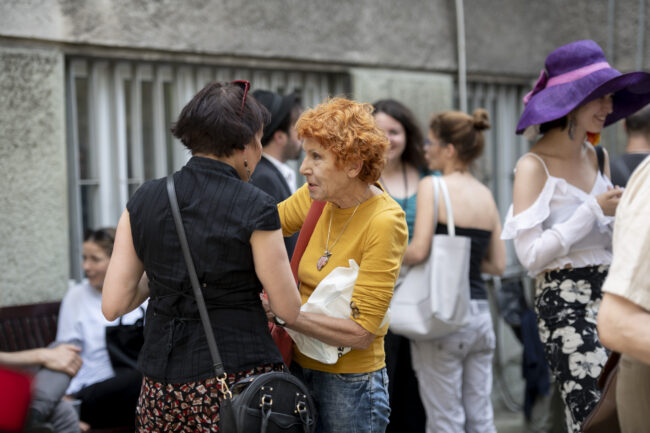
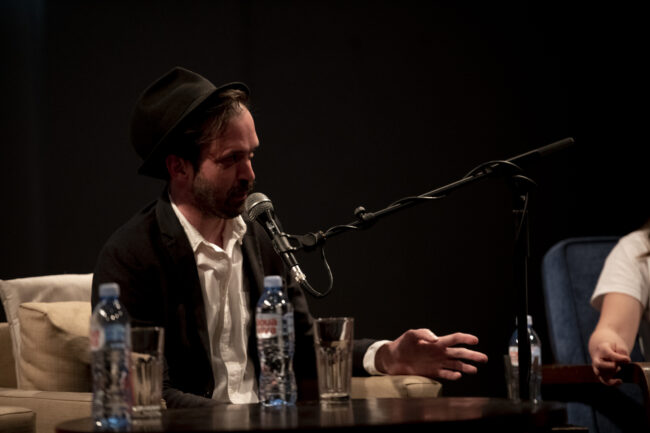
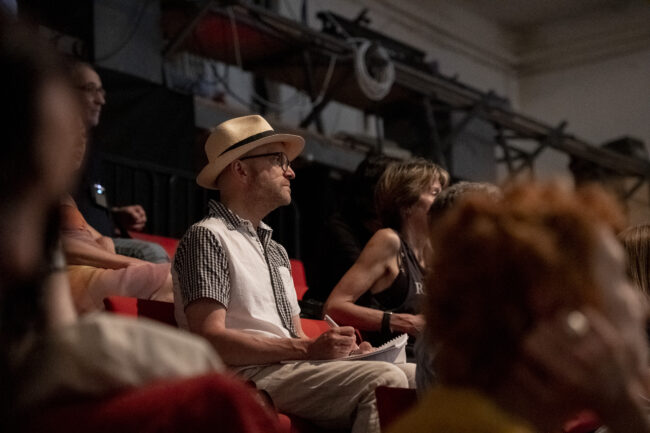
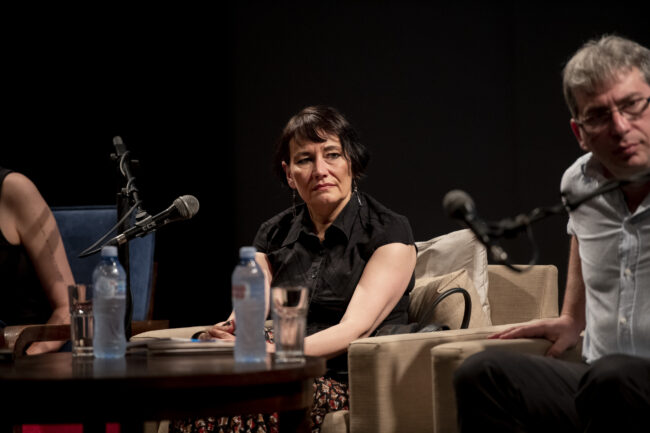
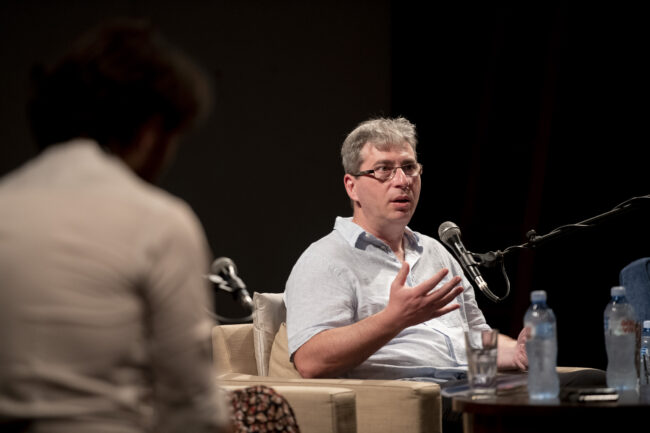
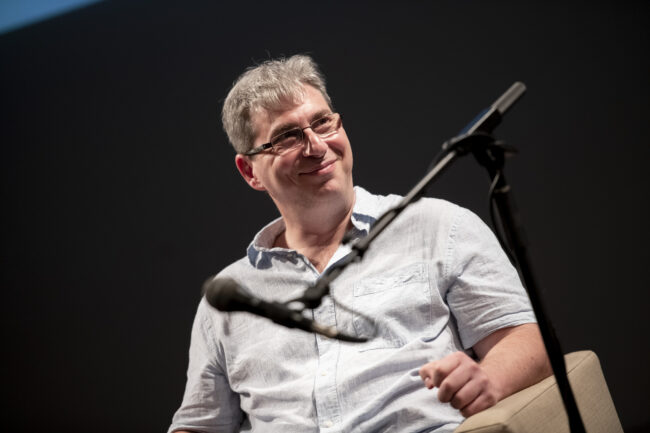
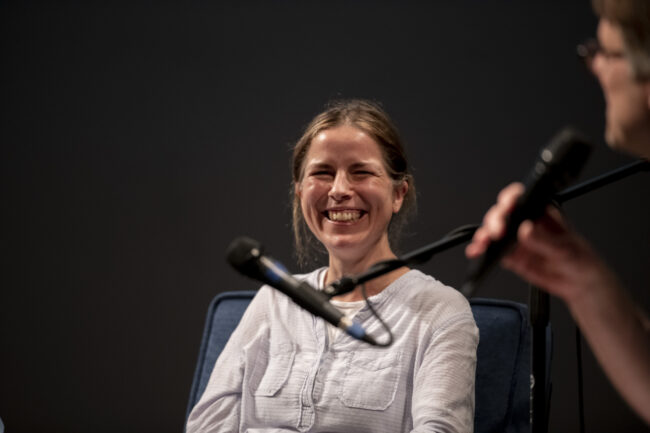
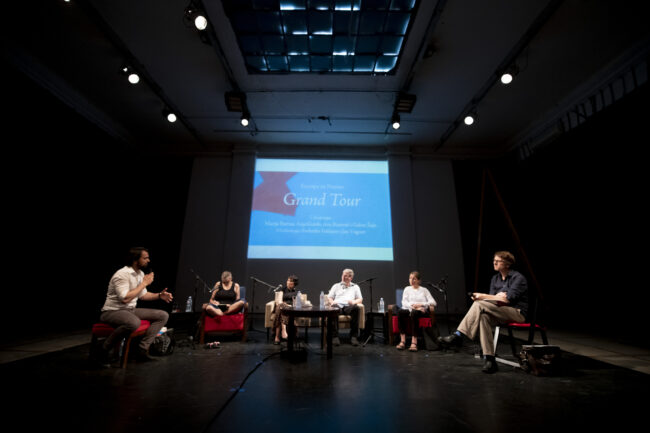
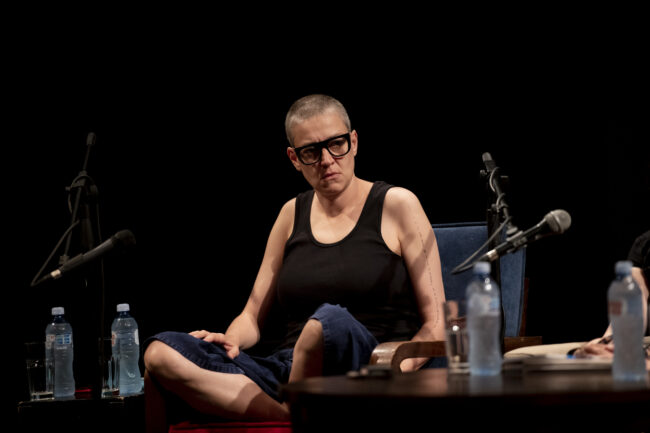
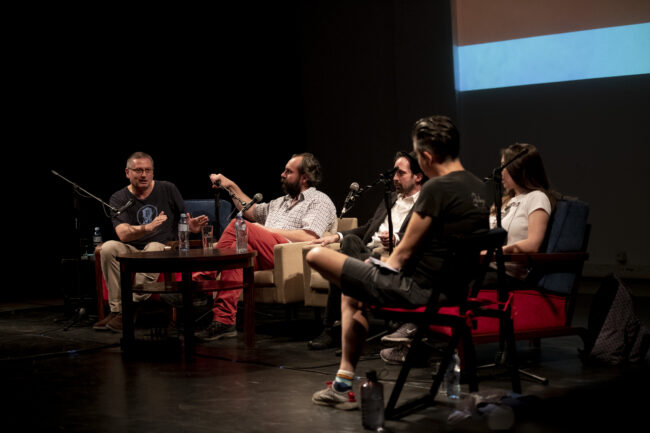
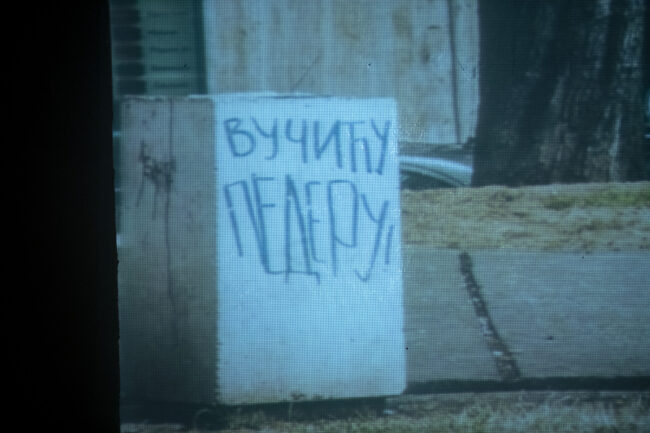
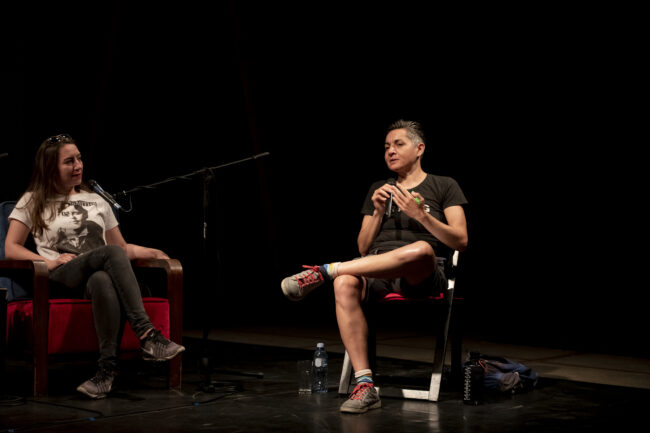
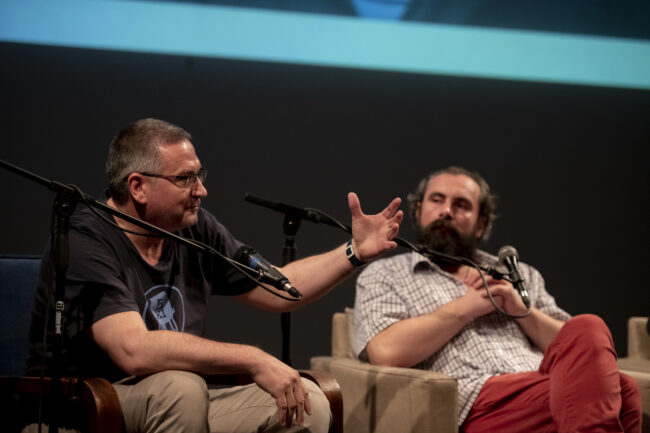
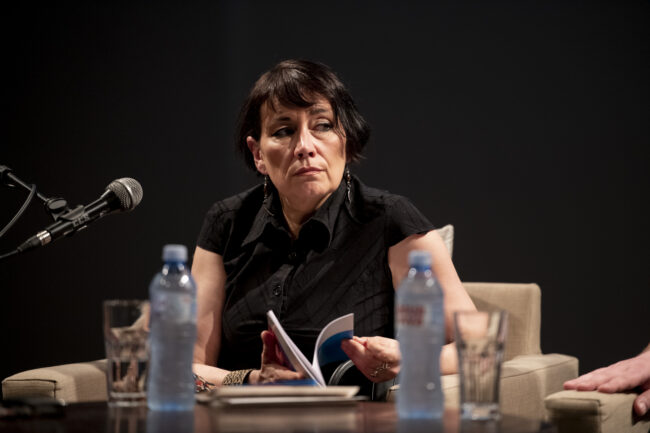
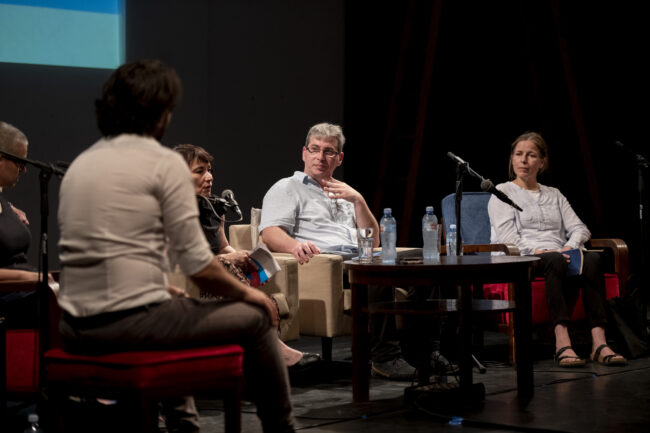
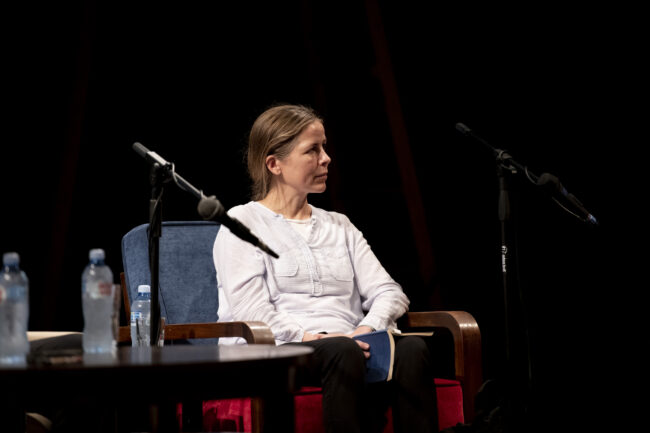
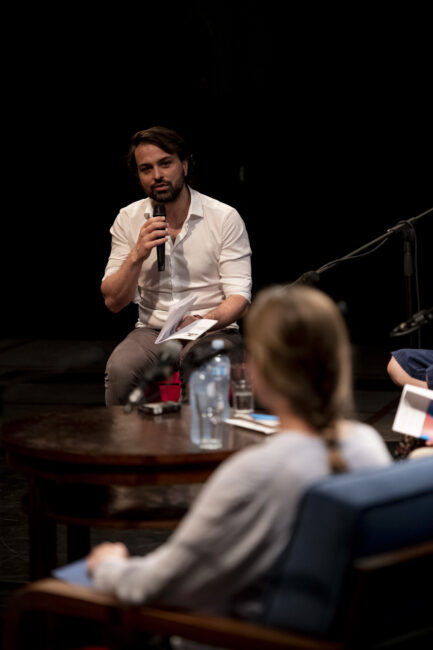
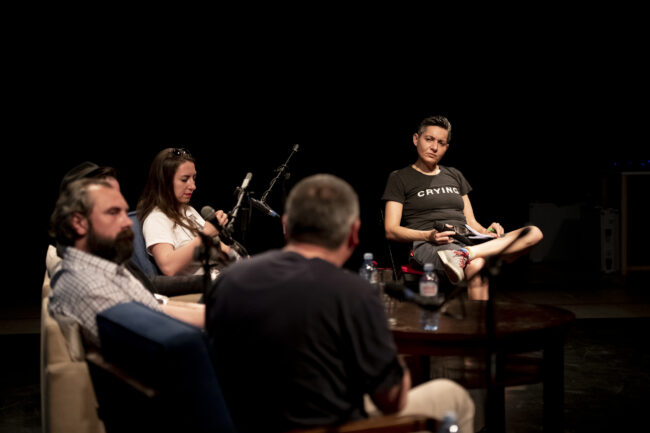
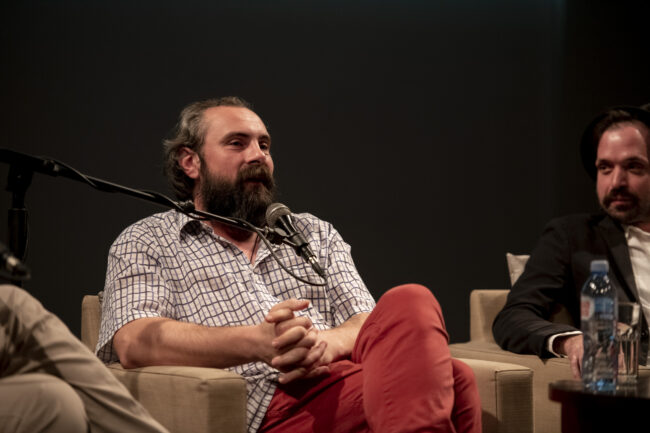
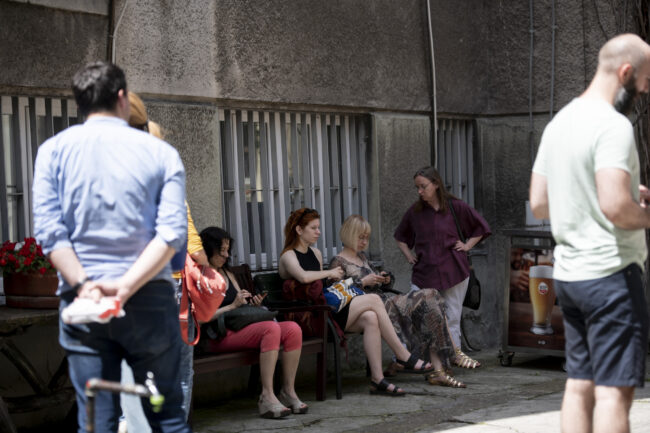
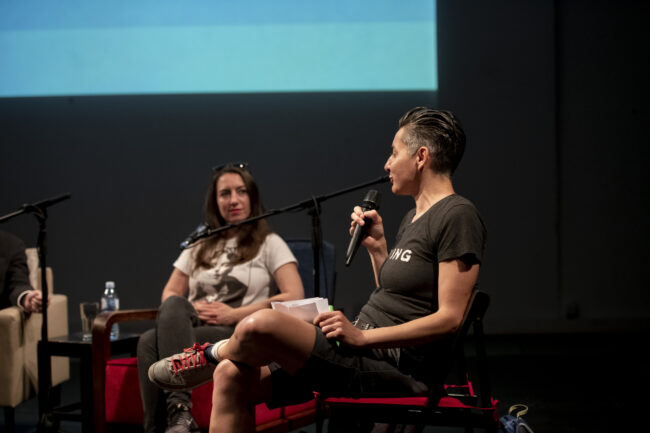
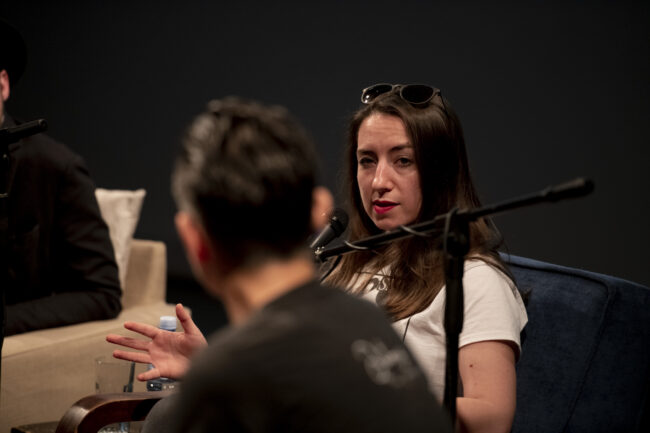
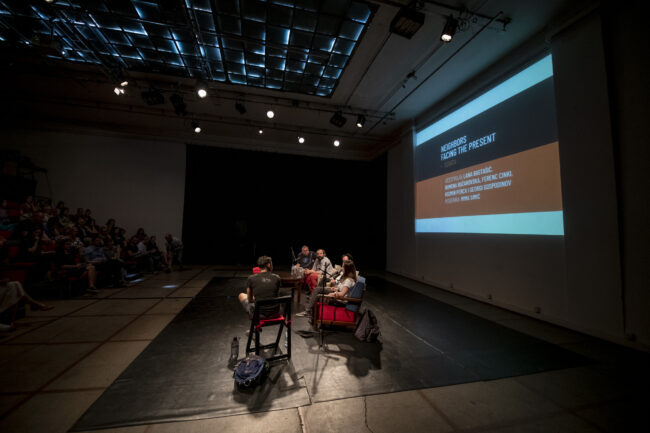
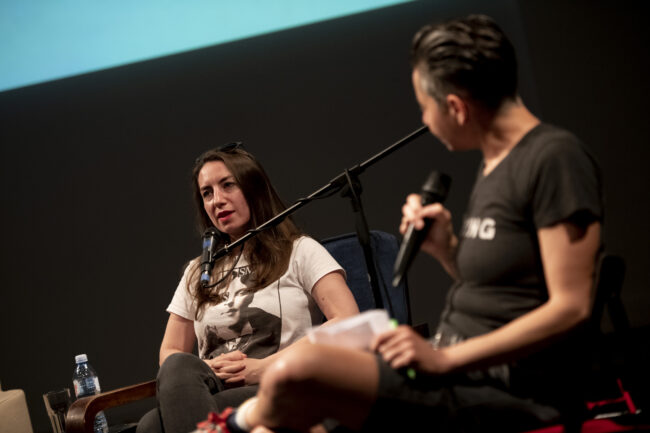
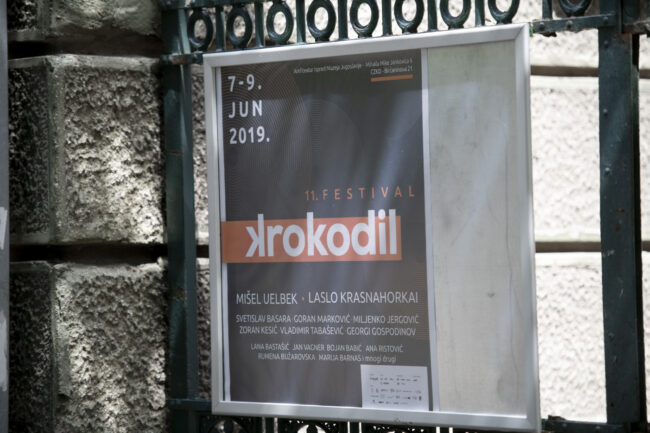
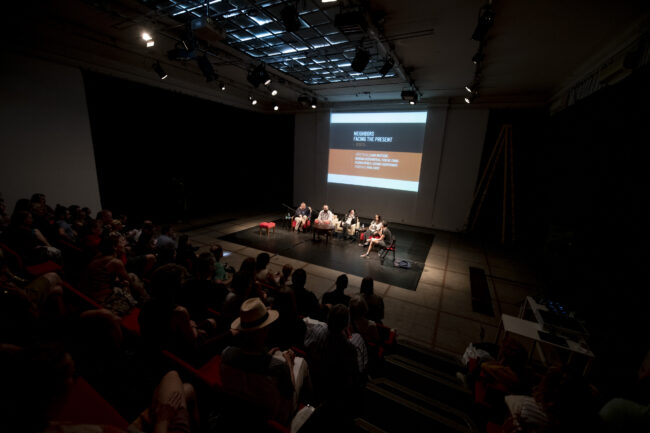
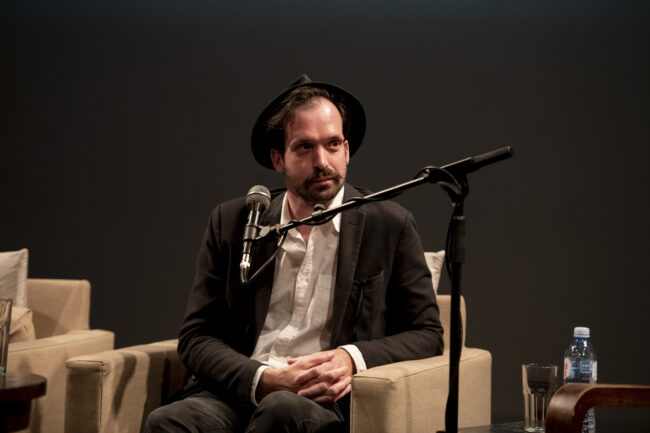
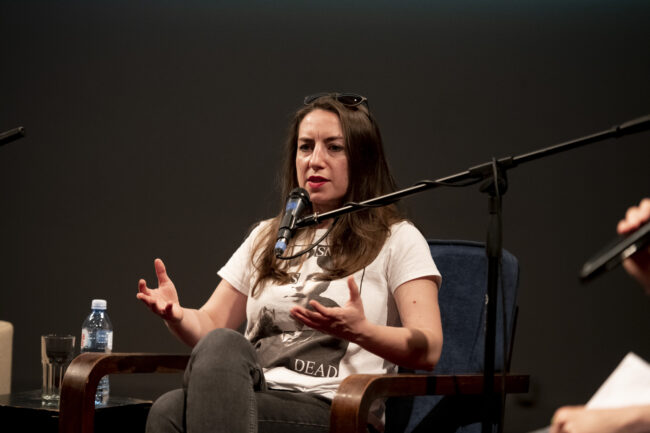
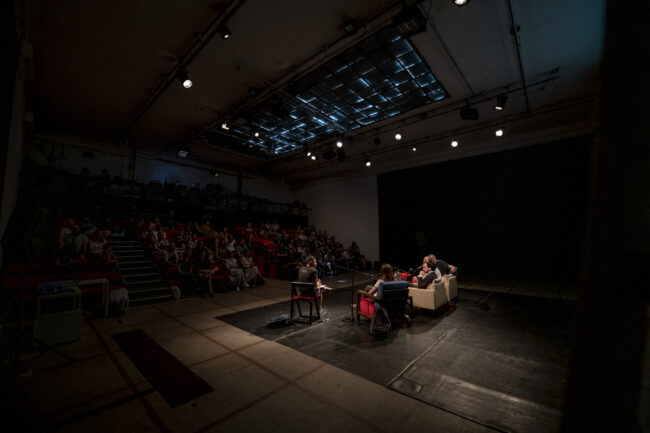
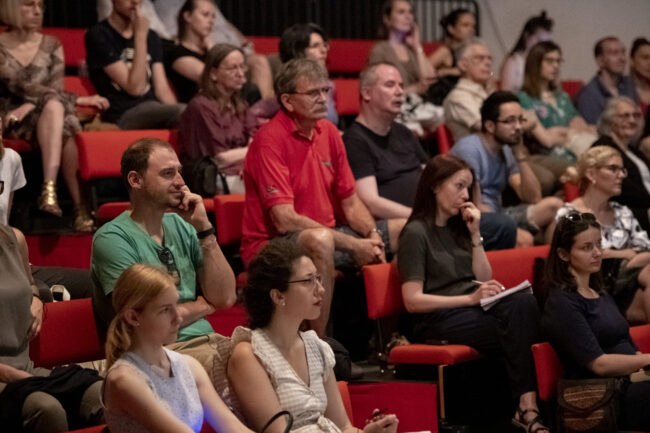
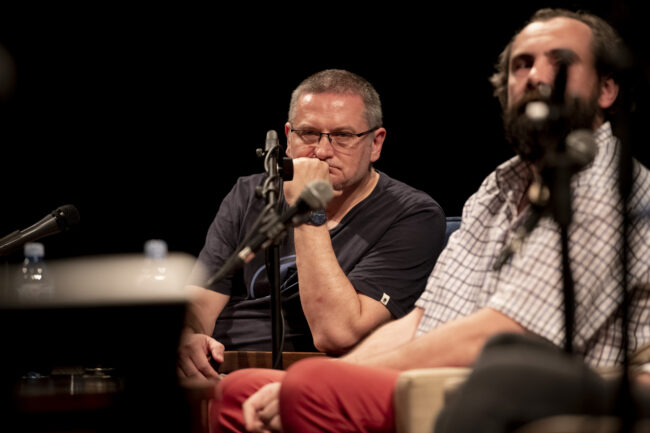
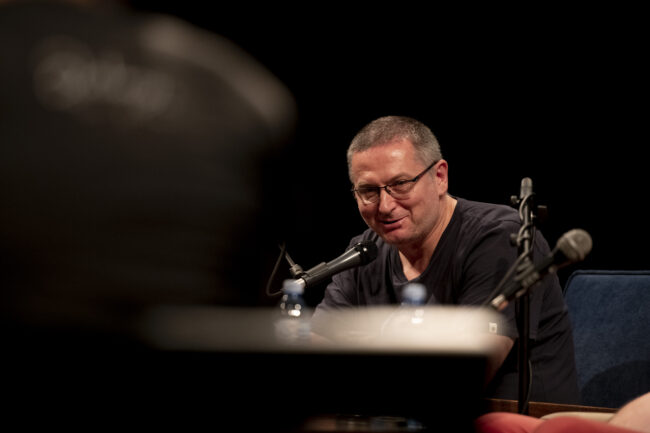
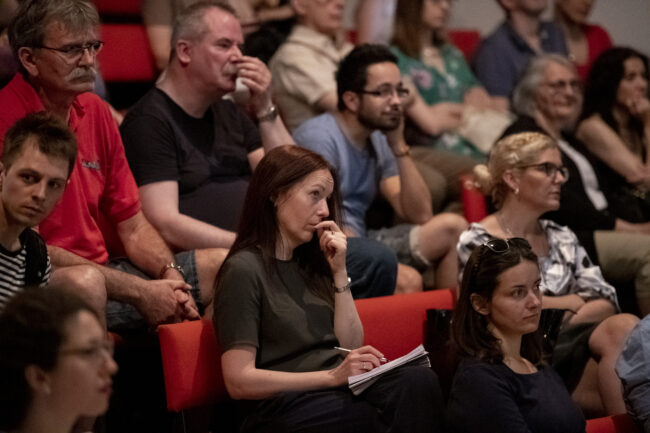
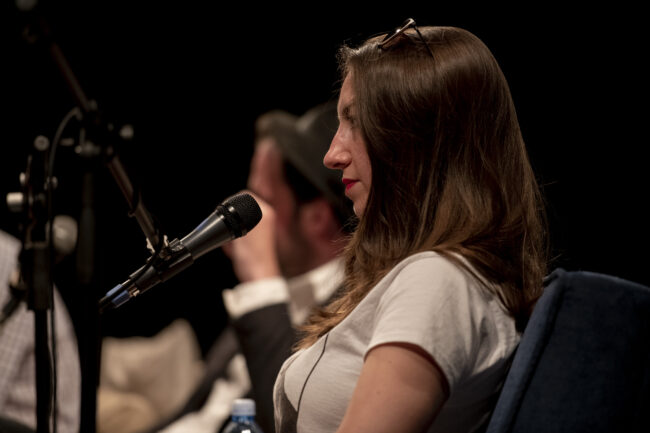
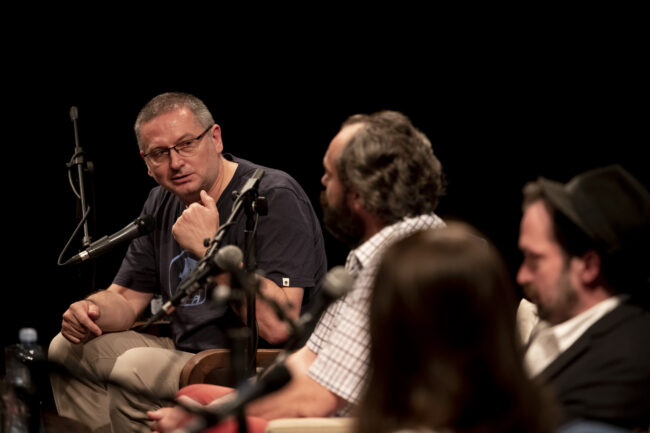
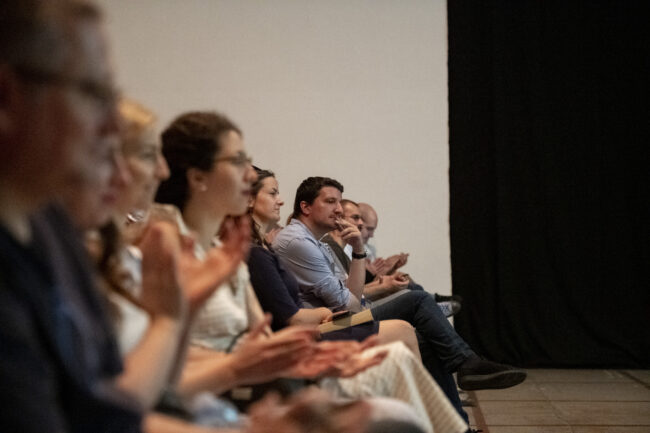
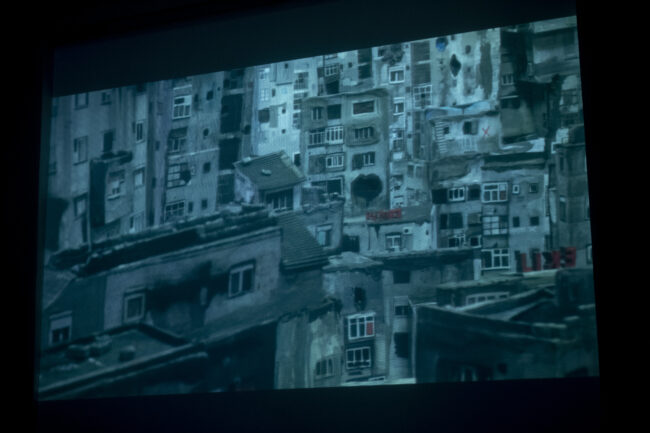
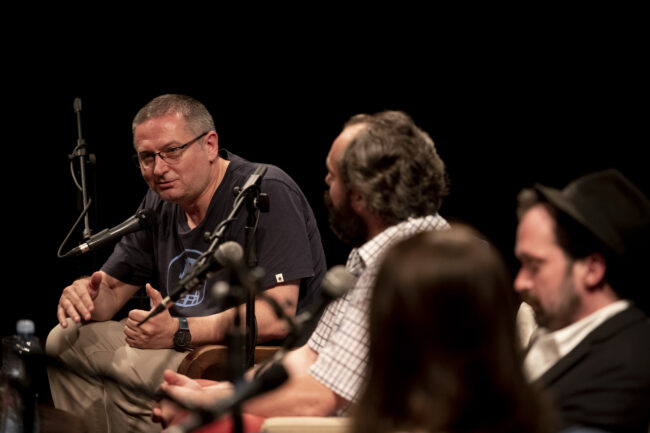
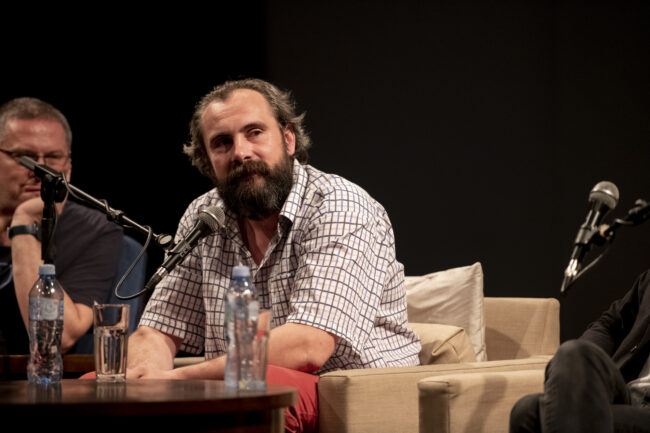
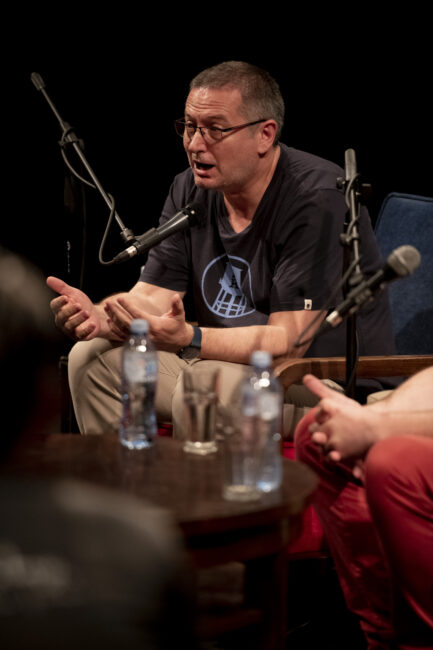
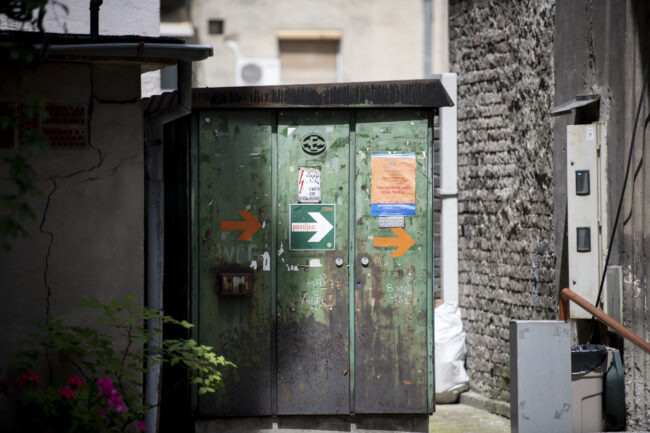
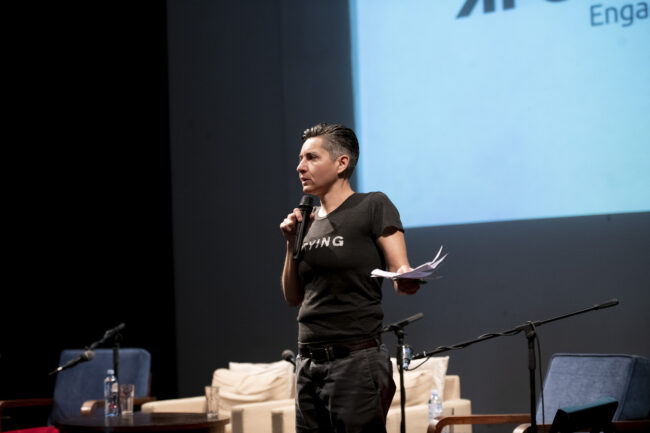
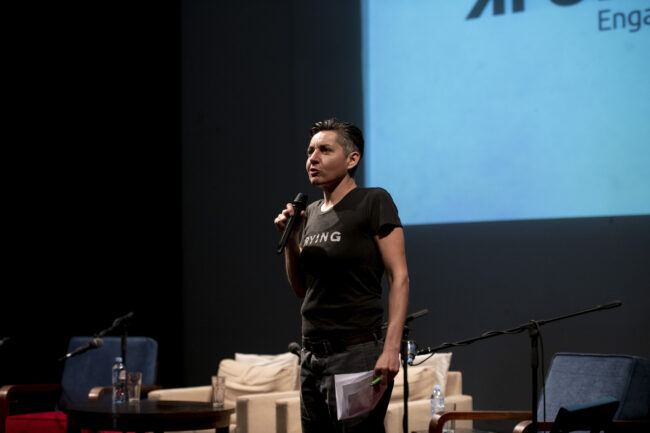
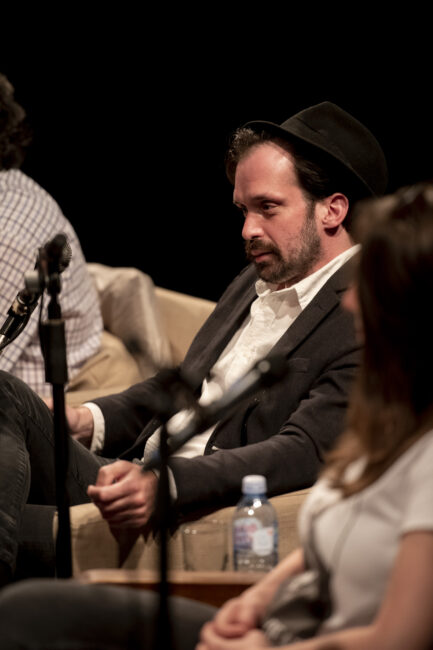
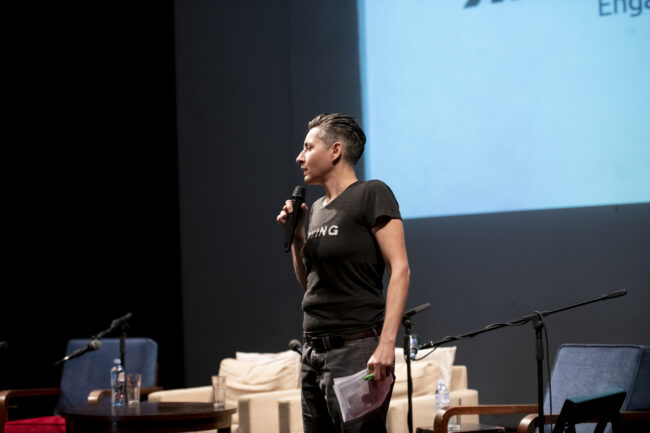
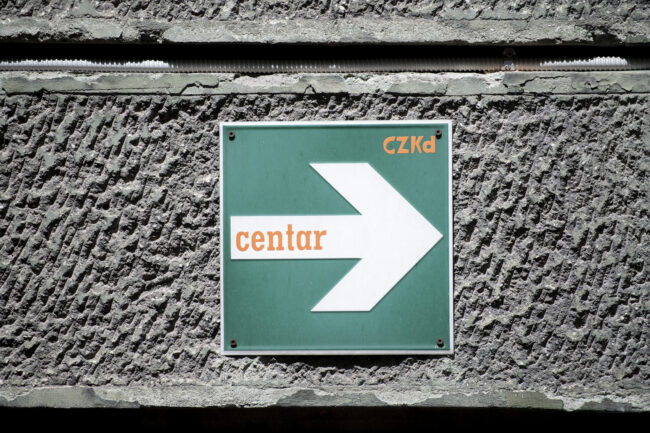
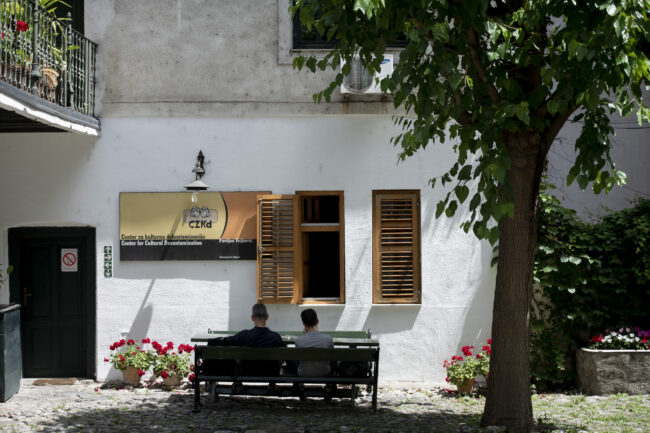
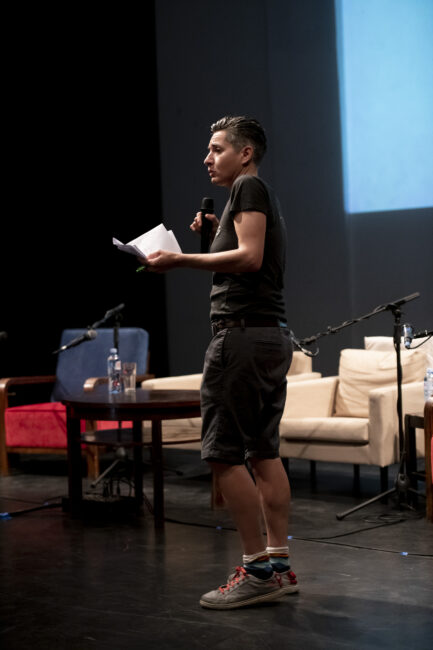
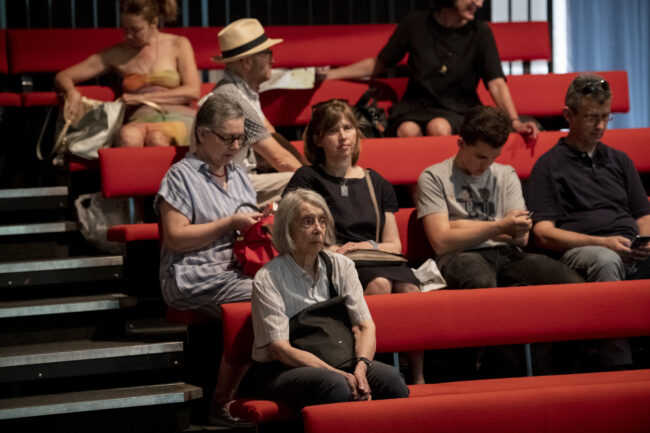
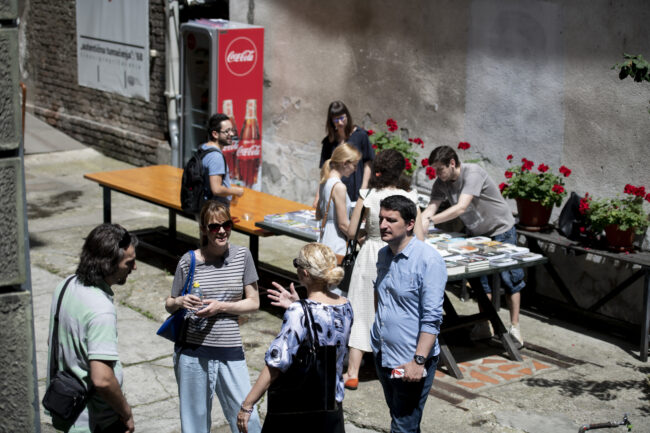
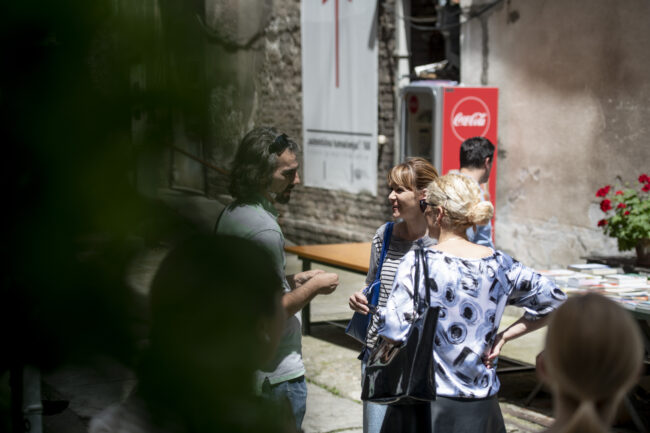
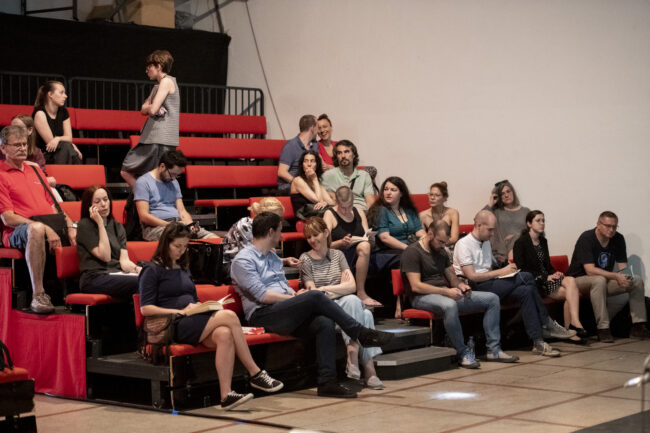
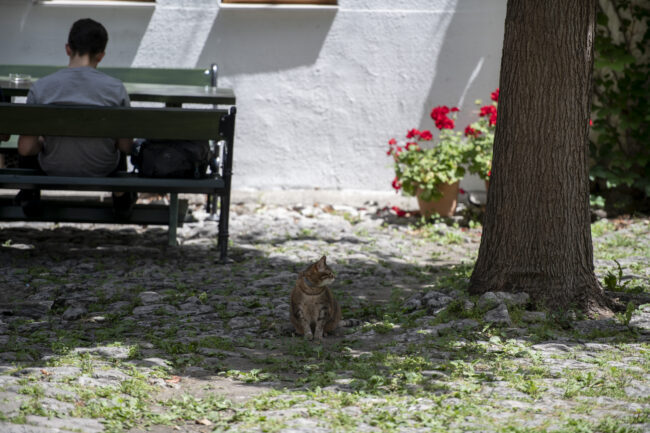
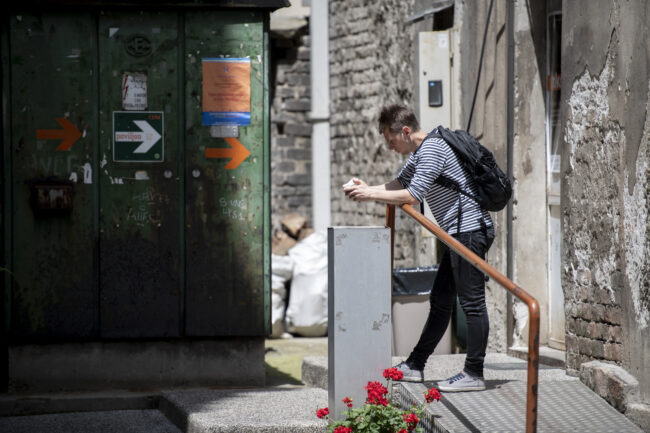
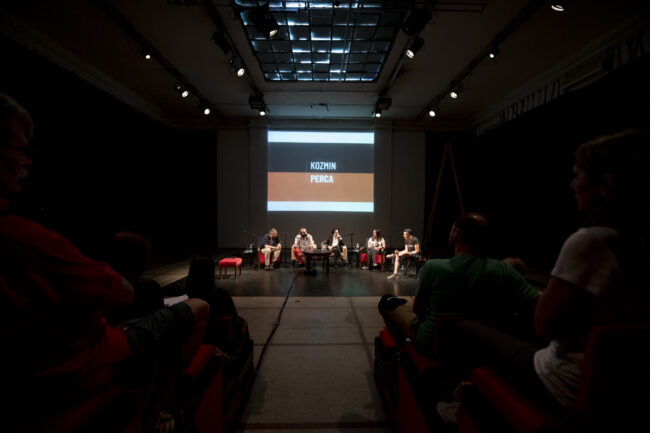
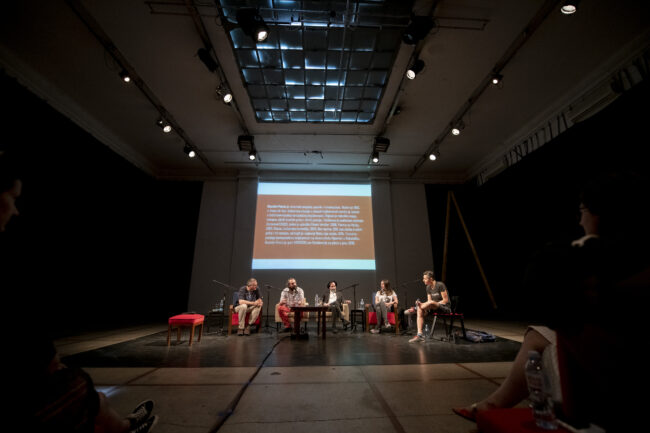
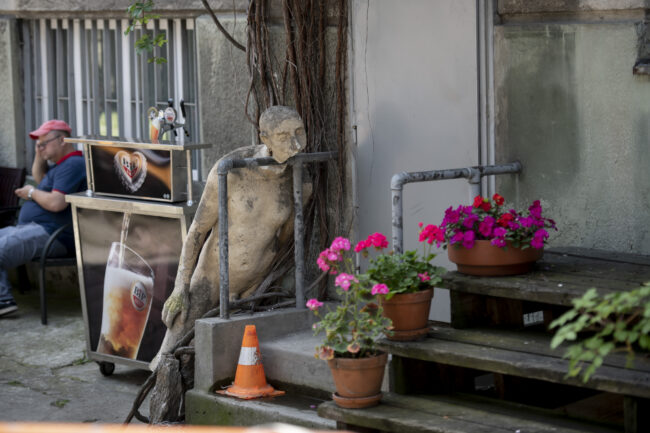
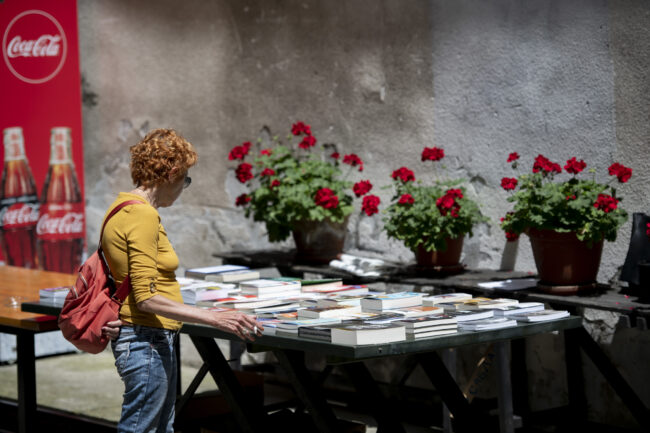
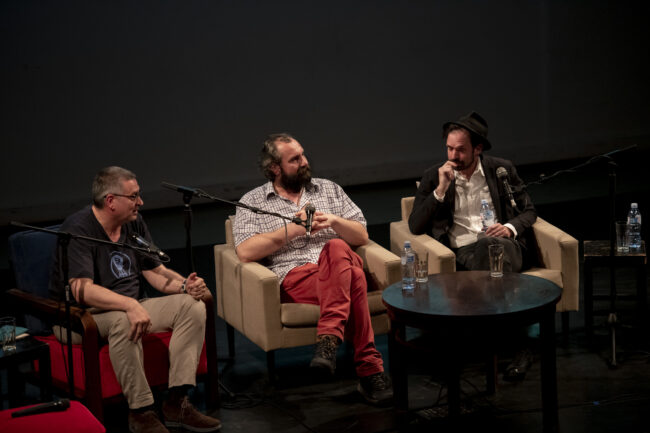
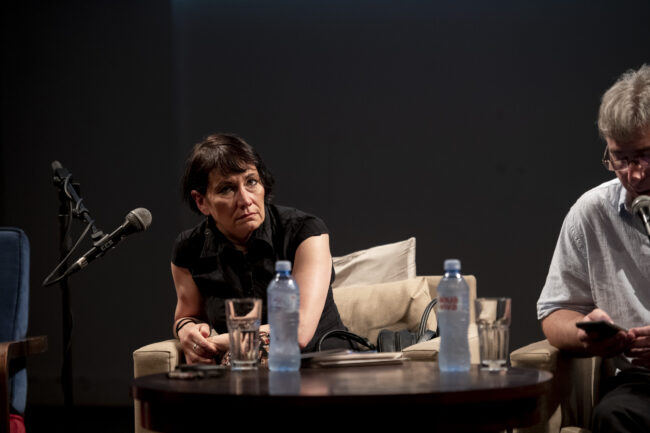
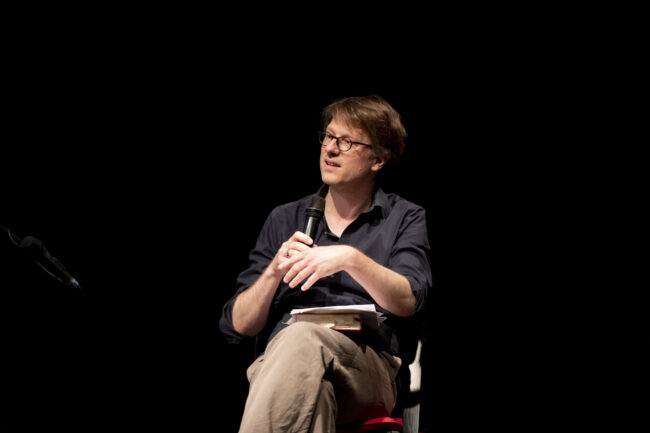
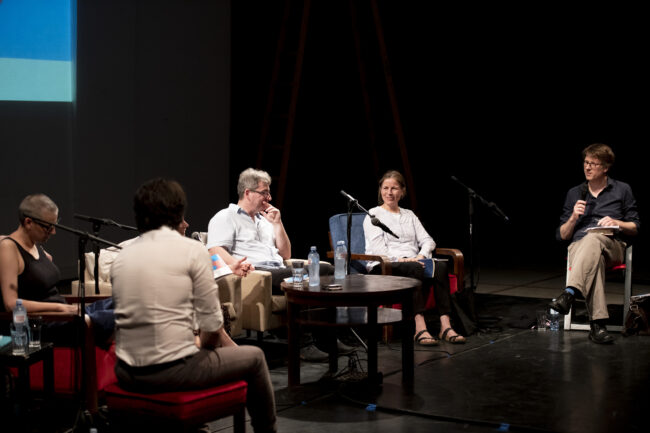
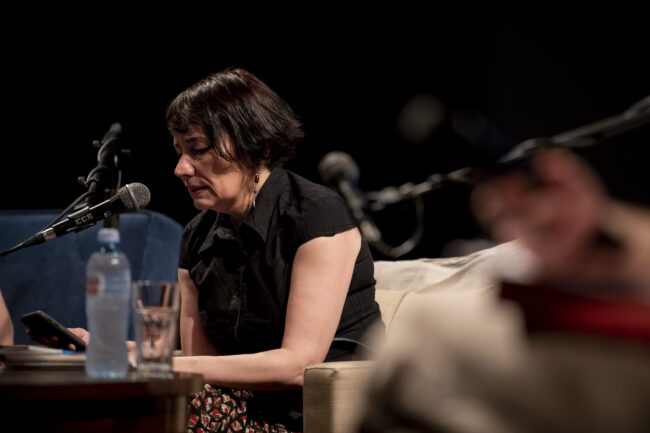
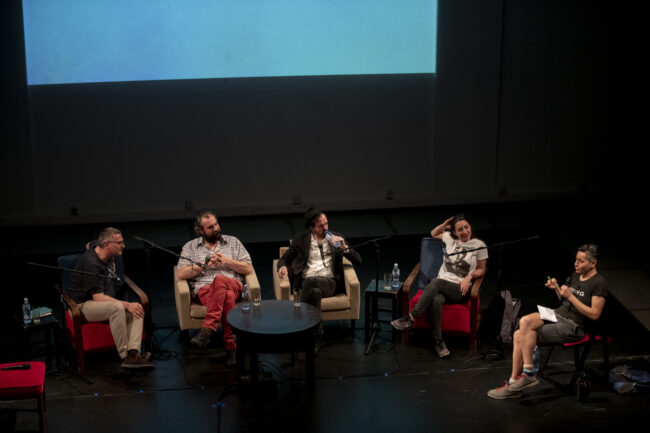
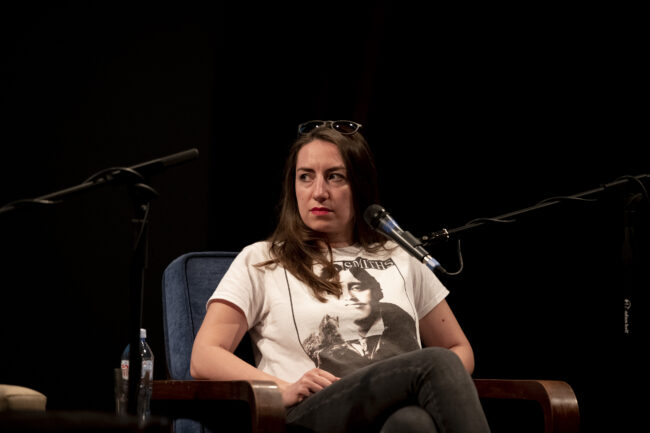
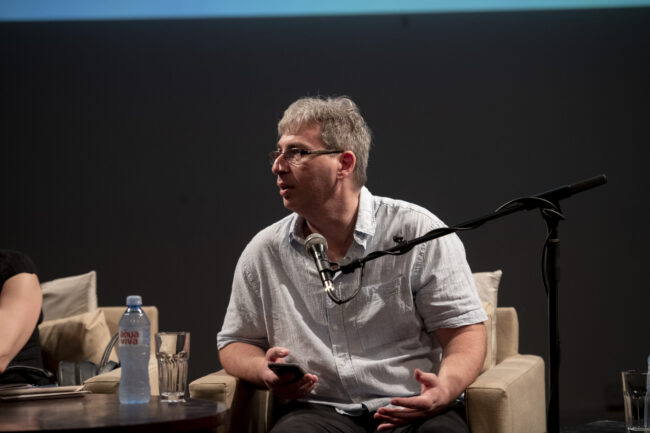
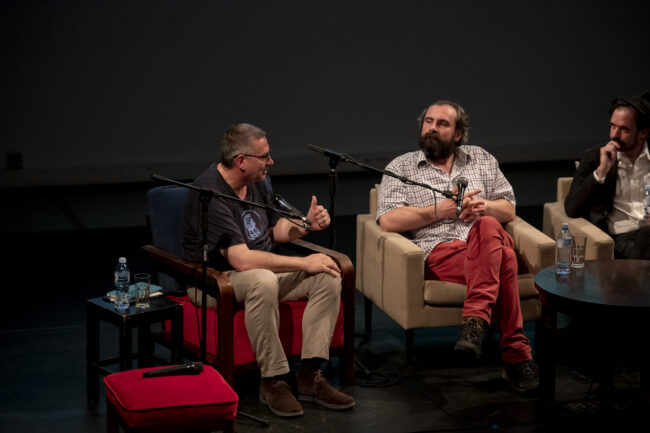
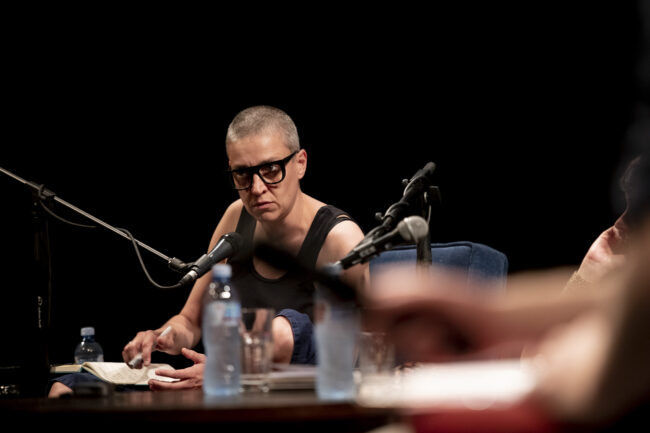
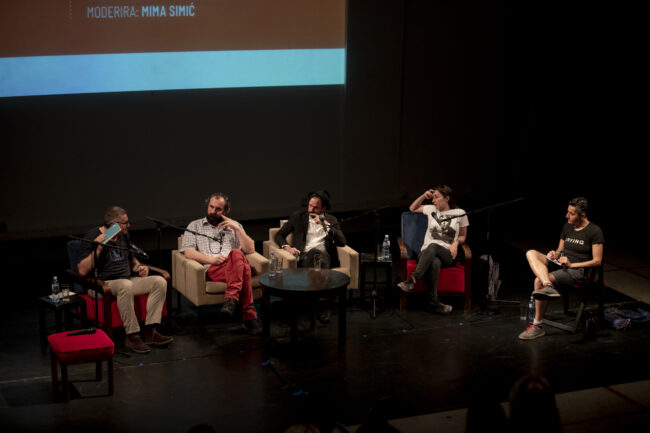
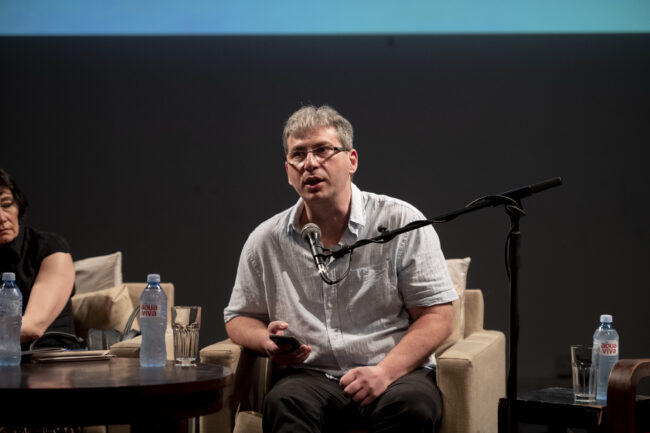
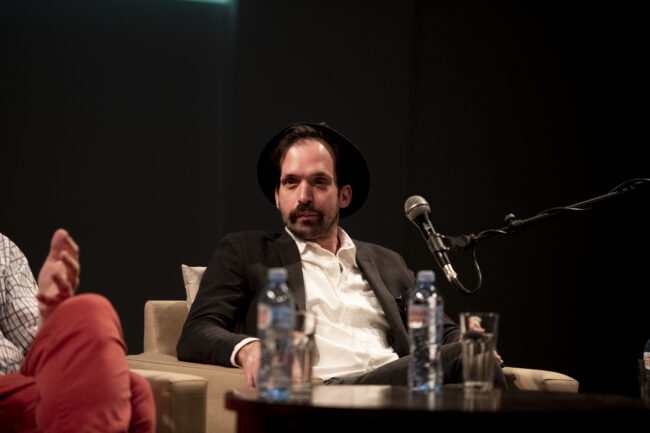
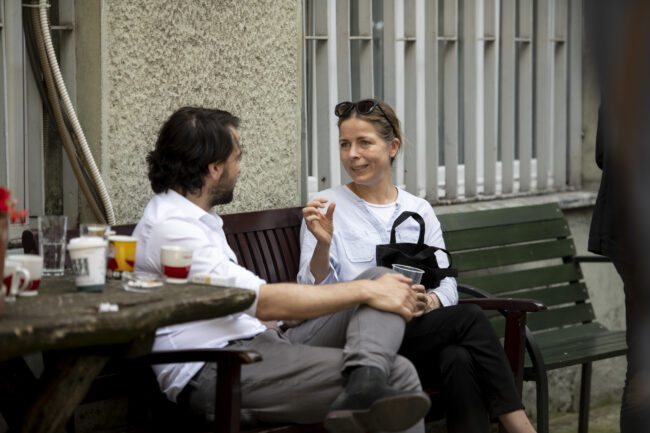
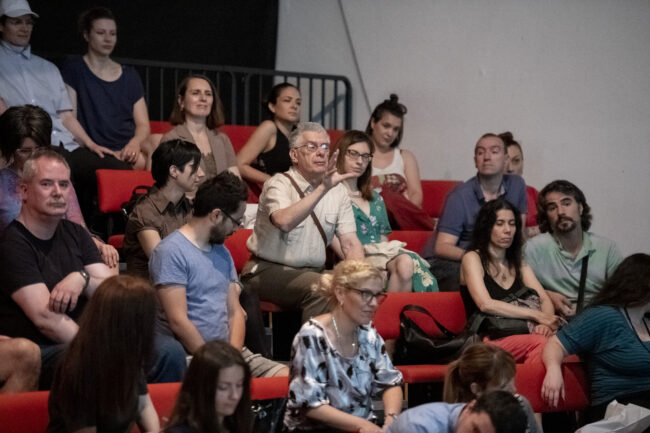
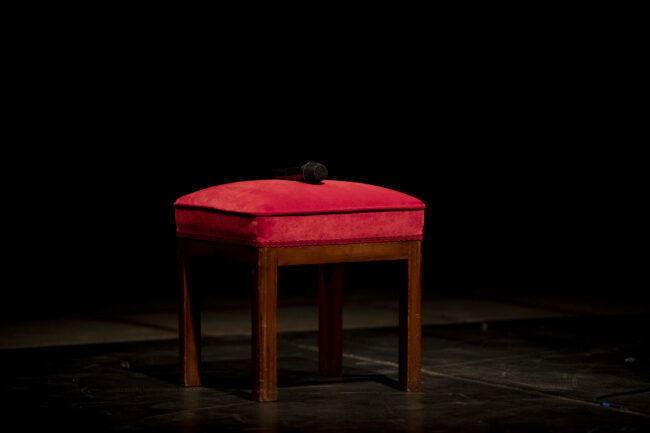
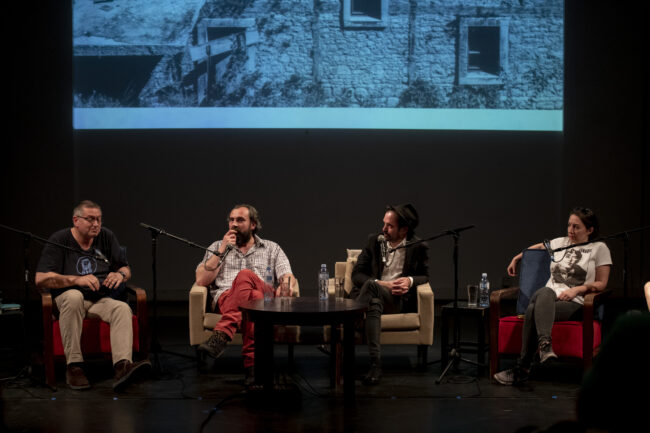
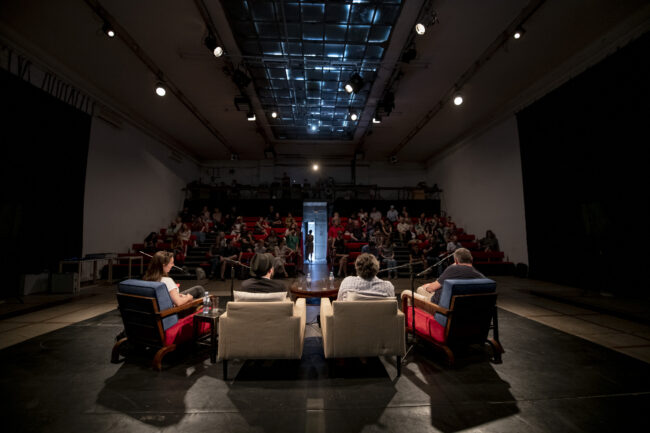
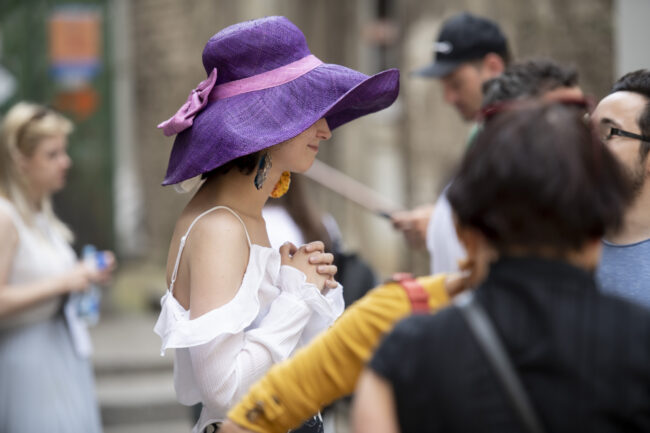
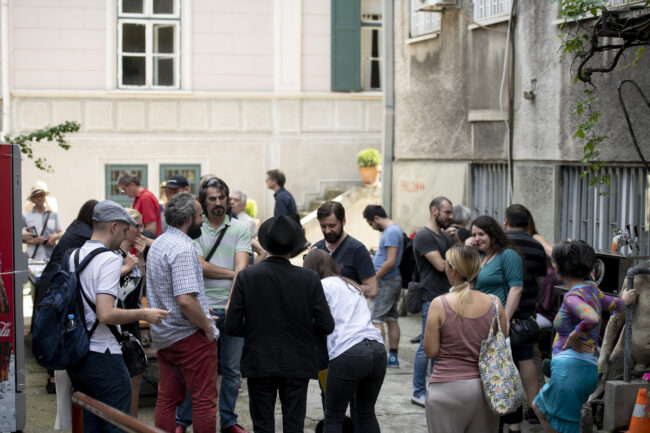
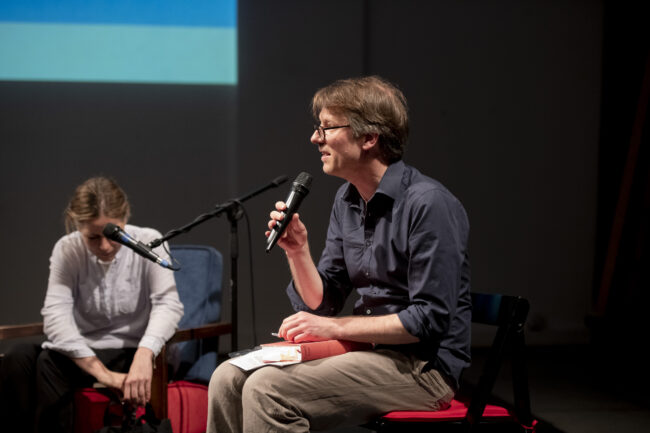
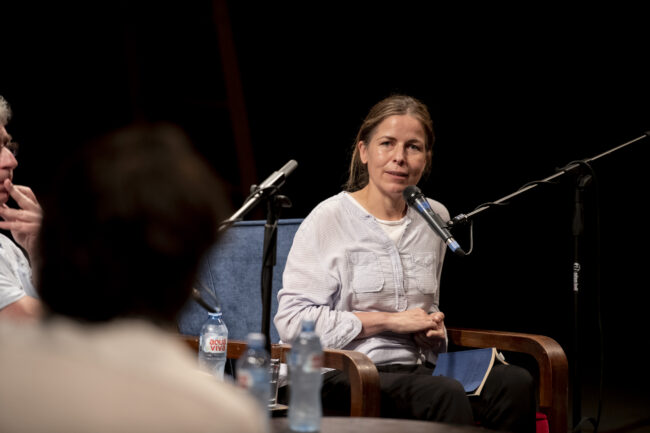
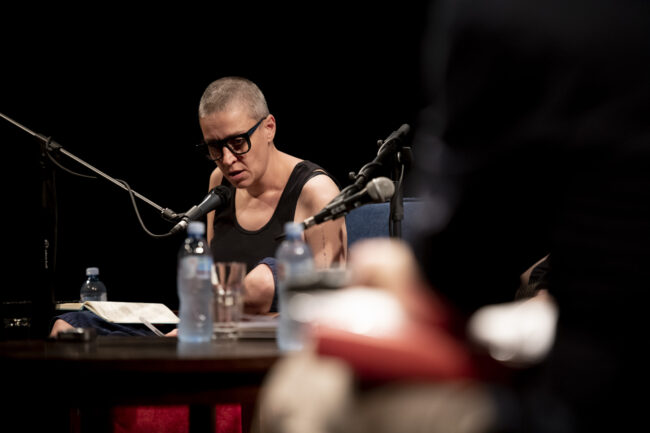
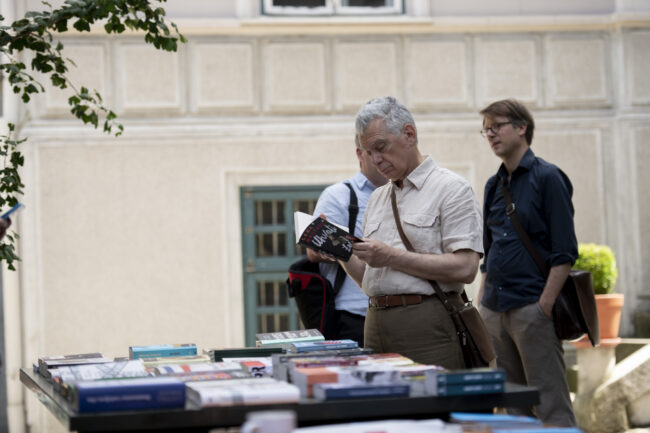
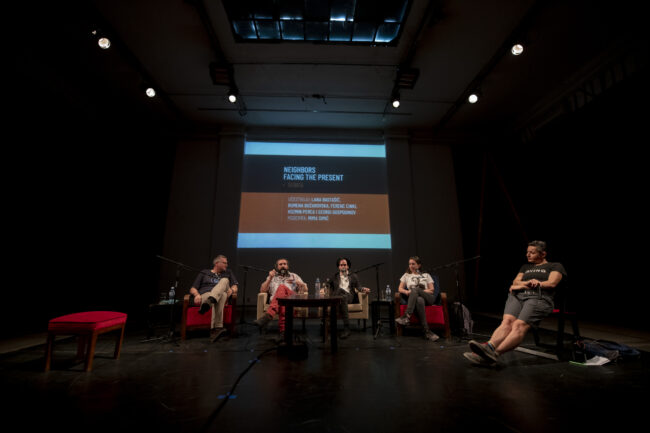



Sorry, the comment form is closed at this time.